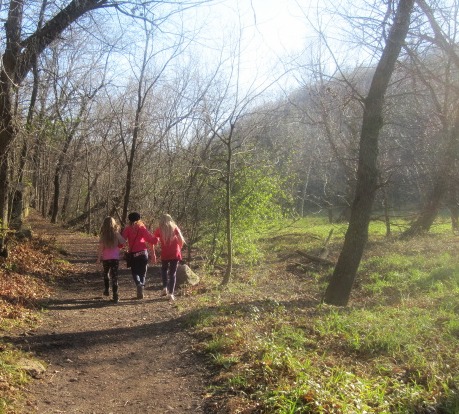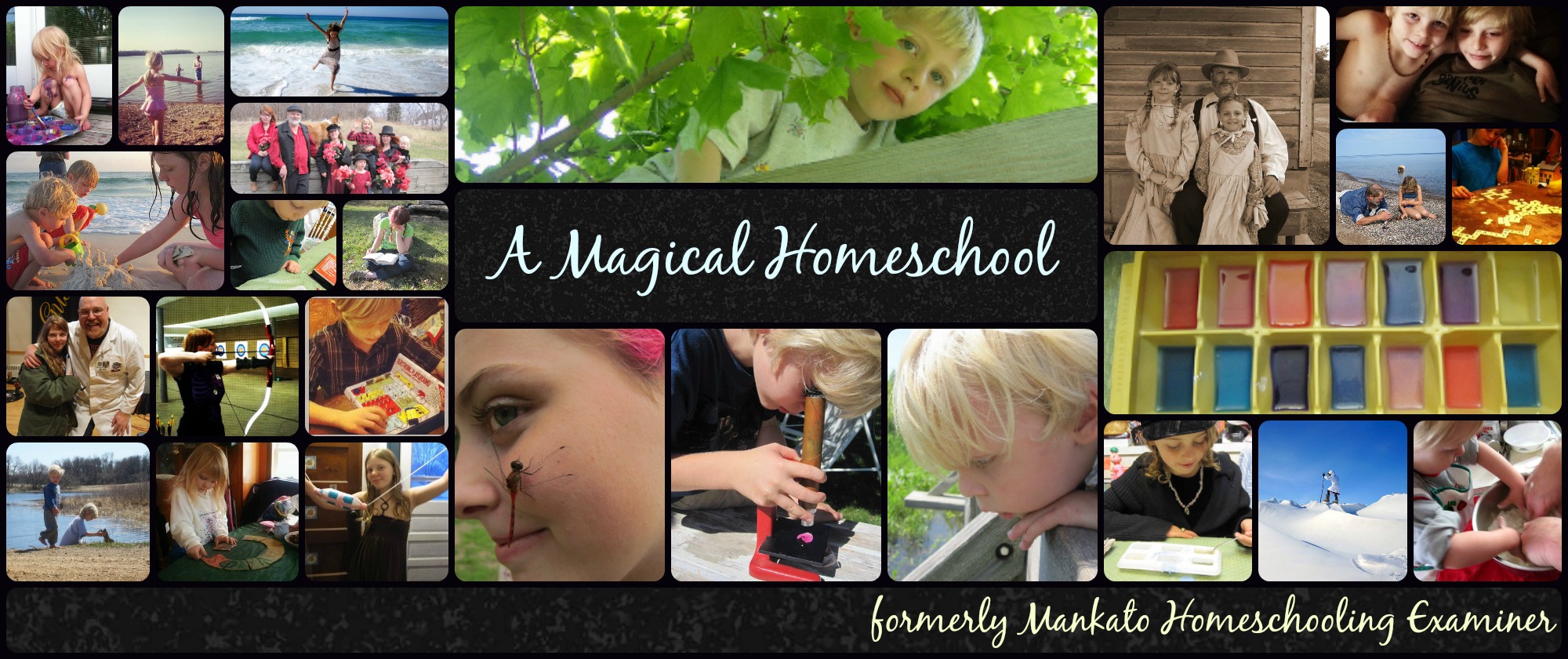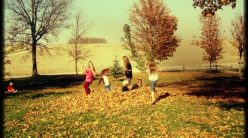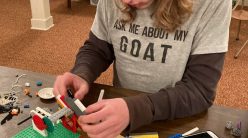 Recently, a reader asked me for information about using Montessori principles to homeschool her older children. She wanted to know if Montessori methods could still be used with teens and preteens.
Recently, a reader asked me for information about using Montessori principles to homeschool her older children. She wanted to know if Montessori methods could still be used with teens and preteens.
The question intrigued me, as I’ve mainly seen Montessori methods taught for children up to age 12.
What I found is that yes, there is a Montessori model for older kids — and its recommendations might surprise you.
While researching Montessori for older kids, I came across one homeschool mother who blogged that she’d abandoned Montessori teaching when her child reached middle school age in favor of more rigorous and traditional academics because the Montessori method recommended “farm work” for kids of middle school age.
Farm work?
Well, if you want to call it that — sort of.
Montessori expert Michael Olaf wrote:
The Montessori program for the young adult from age twelve to fifteen is very different from that of traditional school. Dr. Montessori felt that because of the rapid growth, the increased need for sleep, and hormonal changes, it is useless to try to force the adolescent to concentrate on intellectual work. She recommended an Erdkinder, or Earth school, where children would live close to nature, eat fresh farm products, and carry on practical work related to the economics of supplying food, shelter, transportation, and so forth. Intellectual work is still done, following the child’s interests, but without pressure.
Personally, I would not refer to this as farm work but as practical life learning and child-led learning, and it strikes me as a pretty good idea.
Breaking down Olaf’s words, he recommends these key elements for ages 12-15:
- Children live close to nature.
- Children eat fresh, whole foods raised locally or by the family.
- Children do practical work related to gardening, cooking and building.
- Children are allowed to follow their own natural schedules.
- Child-led intellectual pursuits are encouraged.
The middle school years are some tumultuous times. Any parent of a preteen or young teenager can attest to the enormous physical, emotional and intellectual changes that occur at a sometimes breakneck speed. Trying to force extensive sit-down academics on a middle schooler can be as likely to lead to power struggles and meltdowns as homeschool harmony.
The skills that Montessori recommended for this age are vital life skills. Far from “farm work” (which is a noble pursuit in itself, of course), these are skills every young person should have in order to live a healthy, frugal, successful life.
In addition, all of these skills also continue the child’s learning. Gardening teaches botany, biology and more. Baking uses math and science. Building requires geometry and other math.
Examples of ways that these skills can effortlessly integrate education include:
- Researching beneficial insects for the garden
- Testing soil for pH levels and adjusting with natural amendments
- Drawing a scale plan for a work shed
- Figuring out the wood needed for a raised garden bed and calculating the price
- Estimating the number of bags of compost needed to fill a 4×10′ raised bed
- Converting a bread recipe from grams and milliliters to cups and ounces
- Drawing up a meal plan for the week and calculating the estimated grocery cost
- Researching organic pest control options to get rid of aphids
- Reading for pleasure
- Exploring academic interests as always
In the Montessori model, then, the middle school years would be filled with the same interest-led academics and enriching educational environment that children enjoyed in their early years. In addition, children would be taught homemaking and homesteading skills such as cooking, baking, gardening, preserving, building, repairing, cleaning, driving — in short, working and living.
In the years since I first wrote about Montessori for the middle school and high school years, I incorporated many of the principles into our own homeschool. I found that Montessori’s models worked perfectly for my three oldest children’s changing needs and strengths during those years, and I plan to also follow the Montessori model with my younger kids when the time comes.
If you’re intrigued by this type of education for your middle schooler or high schooler, stay tuned. I’ll be sharing more about Montessori for older kids — along with web sites, recommended reading, suggested activities and more — in upcoming articles.
***
This article originally appeared on examiner.com.





